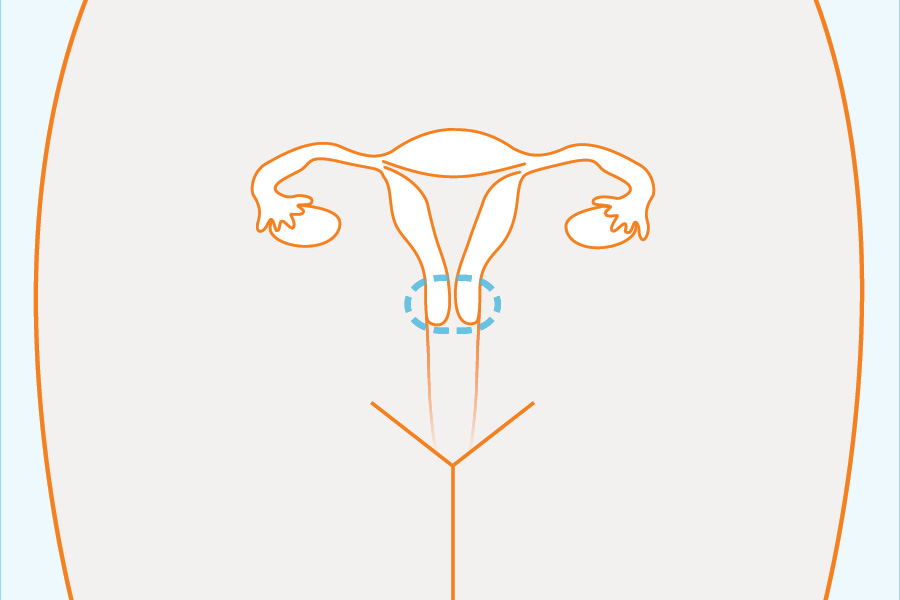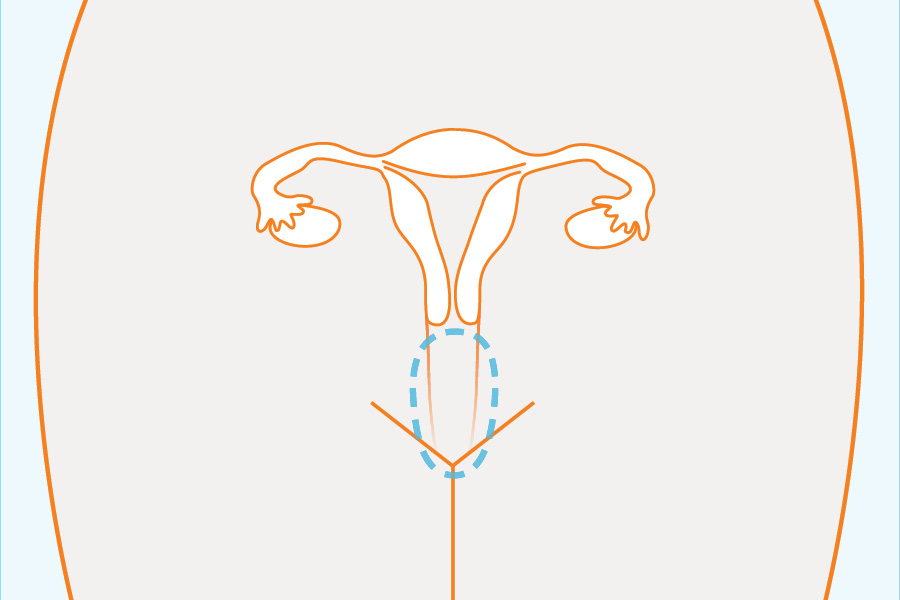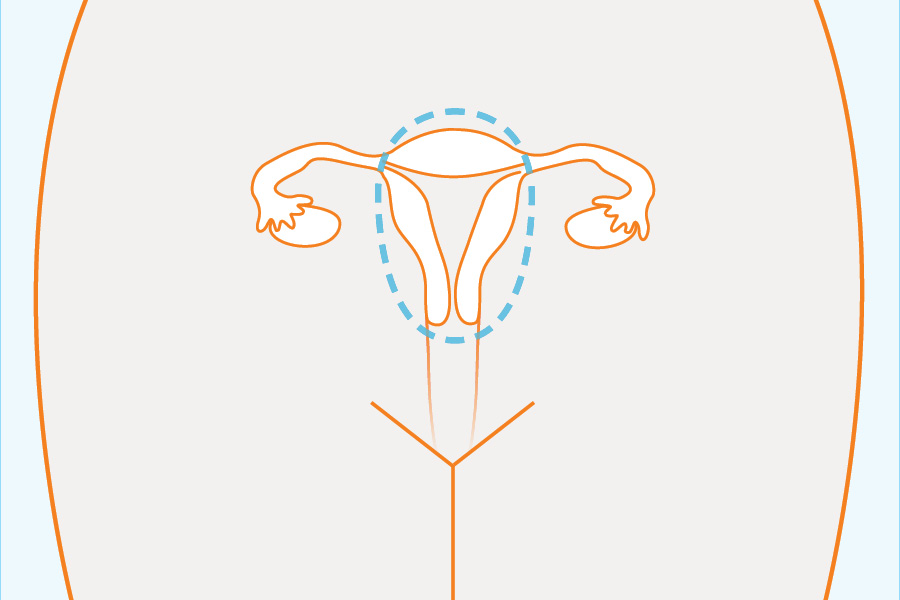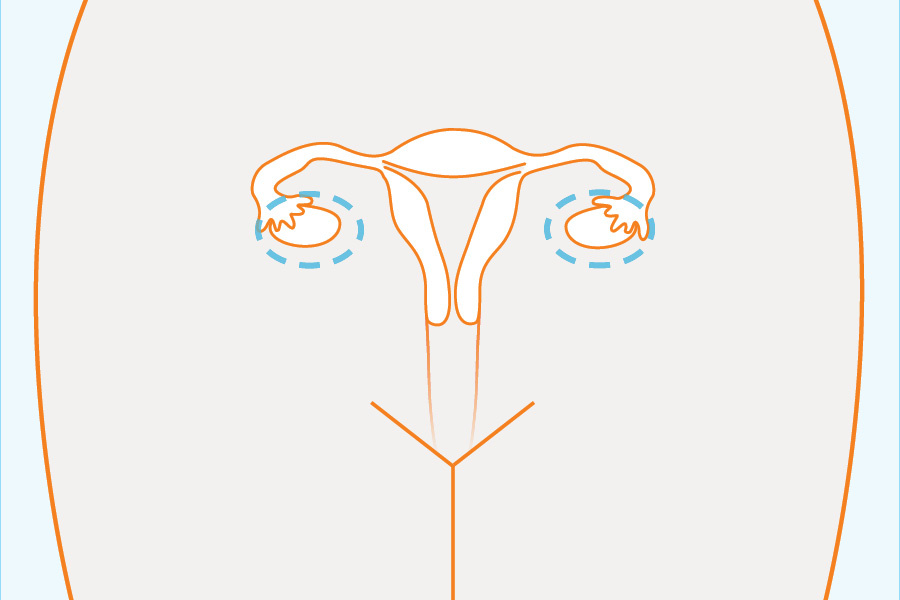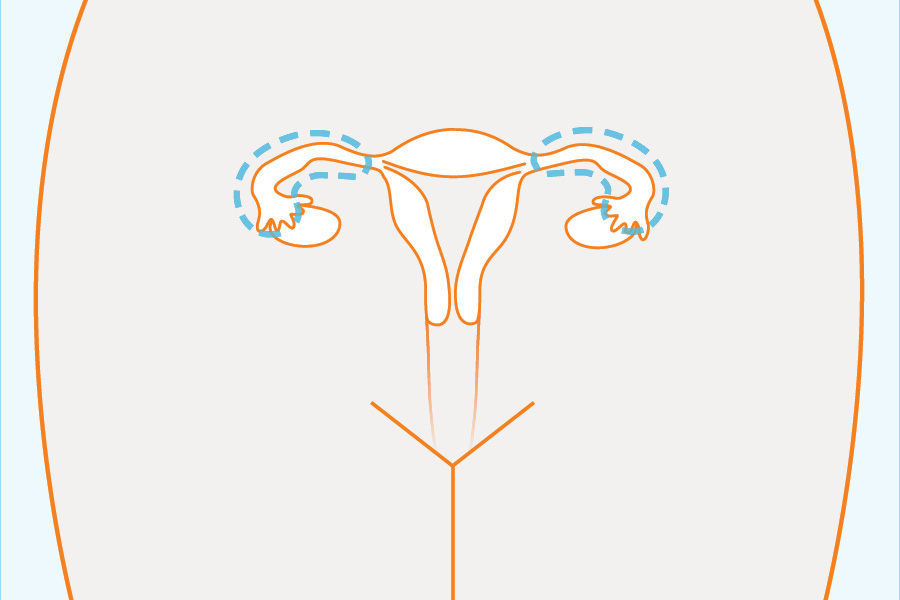The Basics
What is syphilis?
Syphilis is an infection caused by bacteria called Treponema pallidum. The bacteria cannot live outside the body. For people who get syphilis as a child or adult, there are four stages to syphilis infection: primary, secondary, latent, and tertiary. Babies can get congenital syphilis from their mothers. Syphilis can cause long-term complications and/or death if not adequately treated.
How common is syphilis?
Syphilis is less common than chlamydia or gonorrhea. In 2013, there were about 56,471 syphilis infections reported in the United States. Syphilis rates are highest among men 20-29 years old.
Where does syphilis live?
In sores, lesions, and warts on the skin of males and females. These sores are usually found:
- Outside or inside the vagina
- Outside or inside the anus
- Rectum
- Outside the penis
- On the lips
- In the mouth
Symptoms and Disease
If I have syphilis, will I develop symptoms?
Many people with syphilis do not have symptoms. If you do show symptoms, there are different symptoms for the different stages of infection.
What are the symptoms of syphilis?
For people who got syphilis as a child or adult, there are four stages to syphilis infection: primary, secondary, latent, and tertiary. Babies can get congenital syphilis from their mothers. Each type and stage of syphilis has different symptoms. Syphilis symptoms do not always occur in the same order.
The first symptoms are usually painless sores (called chancres) that can develop where the syphilis infection occurred. This is often inside the vagina or anus, on the outside of the genitals or anus, or inside the mouth. The sores will go away on their own, but the syphilis infection will continue. Chancres usually appear about three weeks after infection, but may take up to 90 days. Without treatment, they last 3-6 weeks.
Symptoms of Secondary Syphilis:
In the second stage of a syphilis infection, an infected person may have a non-itchy rash that covers many parts of the body, including the chest, belly, genitals, palms of the hands, and the soles of the feet. Other symptoms include swollen glands, fever, tiredness, patchy hair loss, weight loss, and headache. People may also get syphilis warts and white patches, which usually appear on the mouth, tongue, or anus. These symptoms often appear 3-6 weeks after sores and may last 2-6 weeks.
Symptoms of Latent Syphilis:
The latent (also known as "hidden") stage of syphilis beings when primary and secondary symptoms disappear. Without treatment, the infected person can continue to have syphilis in their body even though they don't have symptoms.
Symptoms of Tertiary Syphilis:
About 1 in 3 people who do not receive treatment for syphilis progress to this stage of syphilis. It occurs when the infection has caused serious damage to many organs and body systems, most often the brain, heart, liver, and bones. It can cause paralysis, mental problems, blindness, deafness, heart failure, and death. Symptoms of Congenital Syphilis:
If a baby gets syphilis from his or her mother, they may show no symptoms or they may show a number of symptoms. These include premature birth, low birth weight, pneumonia, and skeletal abnormalities and even stillbirth (a baby born dead). Many infants that show no symptoms at birth develop symptoms as they grow up. These late onset symptoms include inflammation of the cornea, deafness, swollen knees, seizures, abnormal teeth, and death.
How quickly do the symptoms of syphilis develop?
The symptoms of primary syphilis usually 21 days after infection, however it can range from 10 to 90 days. These sores will go away on their own after a few weeks, but the bacteria is still in the body. The symptoms of secondary syphilis usually begin 3-6 weeks after infection and can last for 2-6 weeks, sometimes longer. It can take 1-20 years after the start of infection to develop symptoms of tertiary syphilis.
What can happen if I don't get treated for syphilis?
Syphilis can cause serious complications in males and females, including:
- Neurosyphilis (infection of the nervous system)
- Heart disease
- Blindness
- Deafness
- Paralysis
- Death
Untreated pregnant woman can pass syphilis to her child during pregnancy. Symptoms in the baby are listed above under "congenital syphilis."
Transmission
How is syphilis spread?
Syphilis is spread by contact with syphilis sores through:
- Oral sex
- Vaginal sex
- Anal sex
- Kissing (much less common)
- Direct skin-to-skin contact
It can also be spread mother to child during pregnancy through the placenta, causing congenital syphilis.
How can I prevent getting syphilis?
- Abstain from (avoid) vaginal, anal, and/or oral sex
- If you have vaginal or anal sex, use latex male condoms or female condoms
- If you have oral sex, use condoms or a latex or plastic barrier
- If your partner has a visible sore, avoid sexual contact or cover the sore with a dental dam or condom during sex
It is important to know that you can get syphilis even when you can't see sores on your partner. Syphilis sores can be small and inside the body. For more tips, visit our Protect Page.
If I have syphilis, how can I prevent giving it to someone else?
- Get treated - syphilis is curable
- Abstain from (avoid) sexual contact until treatment is complete
- If you have a visible sore, avoid sexual contact
- If you have a visible sore, and do have sex, make sure to cover the sore with a dental dam or condom
- If you have vaginal or anal sex, use latex male condoms or female condoms
- If you have oral sex, use condoms or a latex or plastic barrier
Syphilis can only be spread when sores are present, but because they can be small and painless they sometimes go unnoticed. Getting treated will eliminate your risk of transmitting syphilis to your partner. For more tips, visit our Protect Page.
Can I still infect other people with syphilis if I don't have symptoms?
You need to have sores or lesions to infect others with syphilis, but sometimes syphilis sores are very small and inside the body and you might not know if you have them. Even if you don't think you have symptoms, you may have them, and may be able to transmit syphilis to others.
Am I more infectious with syphilis at certain times?
Syphilis can be spread very easily in the early stage of disease when sores are present. Remember that these sores and lesions are sometimes very small, inside the body, and difficult to see. In addition to being small and difficult to see, the liquid that oozes from them is very infectious.
Tests, Results, & Treatment
How long do I have to wait to get tested for syphilis?
If you have syphilis sores, you should get tested as soon as possible.
If you do not have sores, you should wait three months after you think you may have been infected with syphilis to get a blood test. RPR (a type of blood test) can detect syphilis infection 10-30 days after you were infected.
How do you test for syphilis?
Syphilis can be detected by blood tests or by testing fluid taken from lesions or sores.
Swab test: If you have sores, a test can be done on the swab of the infected area. A negative result, however, does not mean that you do not have syphilis.
Blood test: A doctor or other healthcare provider will take your blood. These blood tests look for antibodies (materials your body produces to help fight an infection) to the syphilis infection. These tests do not always give the right results.
Darkfield Exam: This test uses a fluid sample taken from the sore during primary syphilis or from symptoms that occur during secondary symptoms.
Testing in infants: If no signs and symptoms are found at birth, a blood test should be performed every 2 to 3 months on the infant until the test comes back negative.
How long do I have to wait for results from my syphilis test?
Results can take up to 2 weeks, depending on where you got tested and where the lab is that your test will be sent. While you're waiting for your results, it's a good idea to use a condom or not have sex at all.
Where can I get tested for syphilis?
A doctor or other healthcare professional may be able to test for syphilis, or you can search for a clinic that can test you. See our Test Page for more information.
Is syphilis curable?
Yes, syphilis is curable.
What is the treatment for syphilis?
Discuss treatment options with a doctor or other healthcare professional. Syphilis can be cured with antibiotics. Usually you will be prescribed penicillin shots, but if you are allergic to penicillin, other antibiotics, such as doxycycline may be available. Sometimes the first treatment doesn't completely cure you, so it is very important to repeat blood tests every few months for the next year to make sure that the treatment worked.
Can I use medication I already have to treat syphilis?
No. If your medication is old or the wrong type, it will not cure you.
Can I share my syphilis medication with my partner?
No. You need to take all of your medication to be cured.
Do I need to do anything after I'm cured for syphilis?
You should wait one week after finishing your medication before having sex. If you feel safe, you should tell your past and present partners. Most health departments will help you do this anonymously. It is also recommended to go back to a doctor or other healthcare professional or clinic a month after your diagnosis in order to make sure that the infection is gone.
Partner Notification
Should I notify my partner(s) if I have syphilis?
Yes, if you feel safe doing so. Syphilis can be life threatening and we suggest that you tell your past and present partners. Even if you are cured, we recommend that you tell your future partners until one year after you get treated (you need a year of blood tests to make sure the infection is gone).
Who should I notify if I have syphilis?
There are no official rules for this. People will have different opinions on who you should notify. Here is what we suggest:
Past Partners: It depends on what stage of a syphilis infection you have. Our recommendations are:
Primary syphilis: If your doctor tells you that you have a primary syphilis infection, we recommend that you tell anyone that you've had oral, vaginal, or anal sex with since 4 months before you started noticing symptoms of this stage of the infection. If you didn't notice any symptoms or you can't remember when you started to show symptoms, tell anyone that you have had sex with since 4 months before your last negative test. If you have never had a syphilis test and you didn't have any symptoms, tell all of your past partners unless a doctor tells you something different.
Secondary syphilis: If your doctor tells you that you have a secondary syphilis infection, we recommend that you tell anyone that you've had oral, vaginal, or anal sex with since 7 months before you started noticing symptoms of secondary syphilis. If you didn't notice any symptoms or you can't remember when you started to show symptoms, notify anyone that you have had sex with since 7 months your last negative test. If you have never had a syphilis test and you didn't have any symptoms, tell all of your past partners unless a doctor tells you something different.
Current Partners: If you are diagnosed with either primary or secondary syphilis, we recommend that you tell all of your current partners. Syphilis can be life-threatening so it is important that they get tested and treated if they test positive.
Future Partners: We recommend that you tell your future partners up until one year after you get treated (you need a year of negative blood tests to make sure the infection is gone). If you are cured and have had negative blood tests for a year since being treated, you do not have to tell new partners that you have.
That's a lot of people to notify. Which of my partners are most at risk for syphilis?
We recommend that you tell your current partners and anyone who you’ve had unprotected sex (without a condom) with since your last negative syphilis test. In addition, we recommend you tell anyone that you had sex with (protected or not) while you had the symptoms of primary syphilis (sores on your body) or the symptoms of secondary syphilis (rash, fever, weight loss, hair loss, headache, syphilis warts, or white patches on your body).
If you don't feel like you can have this conversation yourself, your health department can usually notify your partners anonymously.

